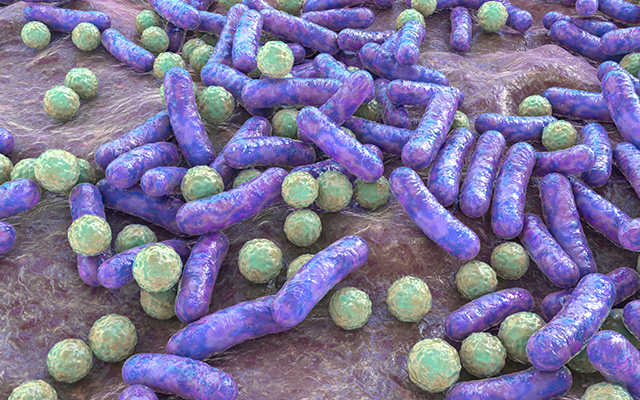

Prof. Dr. Hok Bing Thio
Saturday, 18 May
10:45 CEST
We know that microbes can play an important role in inflammatory skin diseases: S.aureus in atopic dermatitis, Cutibacterium acnes in acne, Malassezia/pityrosporon in seborrhoeic dermatitis and HHV-6 and -7 in pityriasis rosea.
We are also aware of global ethnic differences in the clinical manifestation and the genetic immunological background of many chronic immune-mediated diseases. For example, the Asian population is more prone to a hyperinflammatory form (pustular) of psoriasis.
In the past decade the skin, the oral and gastrointestinal tract (GIT) microbiota are getting more and more scientific attention in the world of chronic inflammatory skin diseases.
In psoriasis, a dysbiotic state of the microbiota is believed to play an important pathophysiological role. The interaction of GIT microbiota with the immune system is focused on the Th17 and Treg lymphocytes. Two well-known probiotics, such as Faecalibacterium prausnitzii and Akkermansia municiphila, are both anti-inflammatory, well-known bacteria of the GIT microbiota.
The abundance of favourable GIT microbiota is mainly associated with a high intake of vegetables, fruits, and fibre, whereas the abundance of unfavourable gut microbiota is mainly associated with the high intake of added sugar and soft drinks and the low intake of fibre.
The beneficial effects of high intensity exercise may also be attributed to immunomodulatory effects mediated by the GIT microbiota. Moreover, sleep problems may induce circadian rhythm misalignment, which is accompanied by changes in the GIT microbiota and can cause a worsening of pruritus and some inflammatory skin diseases.




